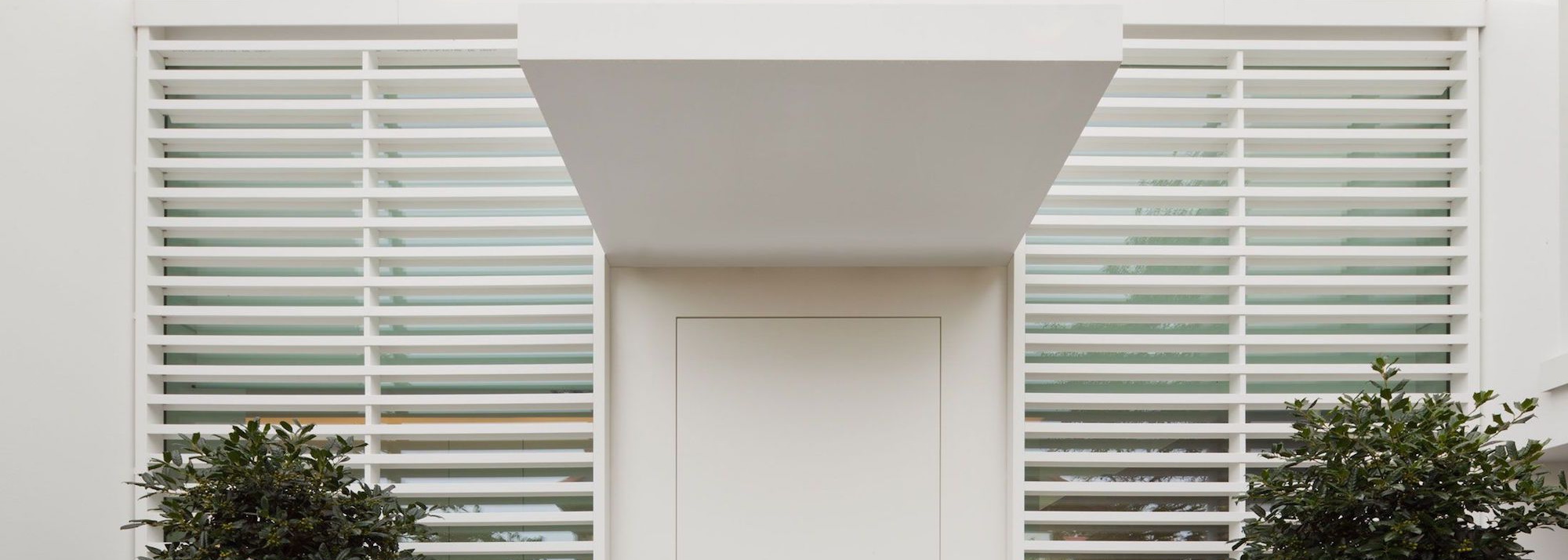Reign
Mustafa ascended the throne on 30 October 1757, after the death of his cousin Osman III, the son of Sultan Mustafa II.
Character of Mustafa’s rule
Soon after his accession to the throne, Mustafa demonstrated a special care for justice. He took a number of measures to increase prosperity in Istanbul. He regulated coinage, built large grain stores, maintained aqueducts, and established a strict fiscal policy.
Treaty with Prussia
Mustafa much admired the Frederick the Great’s generalship, and in 1761 established a peace treaty with Prussia. Frederick wanted an alliance against the Habsburgs, and Mustafa wanted to modernize his state and army. Mustafa preferred recruiting his officers in Berlin, rather than in Paris and London, to re-organize his army. In 1763, the two countries exchanged their diplomats for the first time.
Russo-Turkish War (1768-1774)
Koca Ragıp Pasha, who remained grand vizier until 1763, pursued a peace policy towards neighboring countries. But the increasing influence of Russia over the Caucasus and its intention to control Poland created tension between the Ottomans and Russia. Ragıp Pasha's successor Muhsinzade Mehmed Pasha also preferred to remain at peace, and Mustafa’s insistence on war with Russia led to his resignation in 1768. The Sultan expected to gain an easy victory over the Russians, but in fact the Ottomans were unprepared for a long war. During the war, military reforms were undertaken, with the assistance of French officer François Baron de Tott. They included the modernization of artillery corps and the foundation of the Naval Engineering School in 1773. The war was disastrous for the Ottoman Empire. The Russian armies occupied the Crimea, Romania and parts of Bulgaria.
Architecture
Many monumental buildings including the Fatih Mosque, which was built by Mehmed the Conqueror was rebuilt from the ground during his reign. In addition, he had built Laleli Mosque complex, and the shore along the Yenikapı filled to set up a new neighborhood. Apart from these, he undertook other construction projects after the earthquakes of 1766. |

